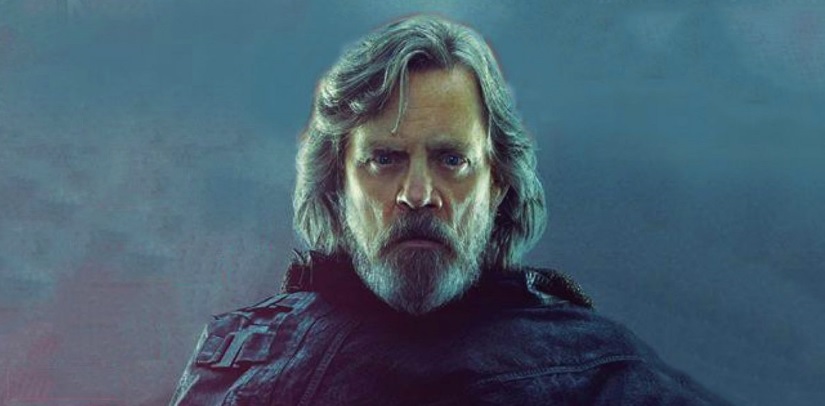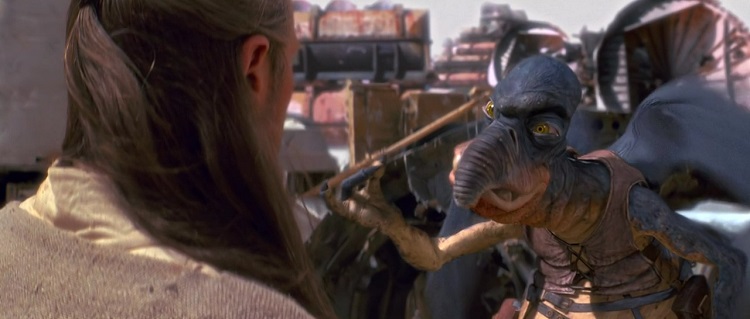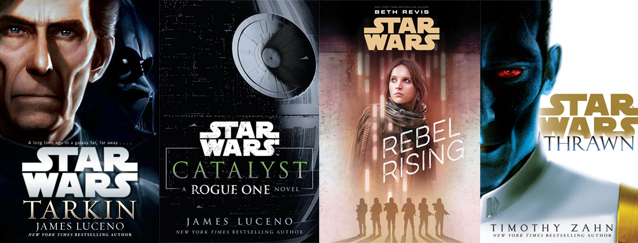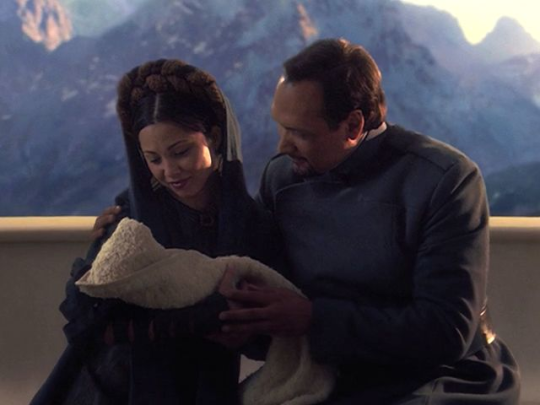
This article contains some plot spoilers after the intro
Leia: Princess of Alderaan is a true coming-of-age novel about one of the franchise’s most iconic characters, and seeing a sixteen-year-old Leia struggling to find her place in the world makes for a poignant and emotional story. We’ve seen Leia as the fiery leader of the Rebellion who’s wise beyond her years. We’ve seen her as the somewhat more jaded senator of the New Republic. And we’ve seen her as the Resistance general, who brings gravitas to every scene she’s in. But this Leia is younger and more untested. She is unsure of her place in the galaxy, both as the heir to the throne and as a person in her own right.
Last Friday, Jay did an excellent job detailing Leia’s struggle to make a difference in the lives of those hurt by the Empire. And even though the reader knows what lies in store for Leia, that doesn’t make it any less emotional to see her trying to do the right thing against a system she knows is unfair, to see her anguish over the sudden distance her parents are keeping from her, or to see her try to establish her own identity outside of “future princess.” It’s Leia at her most relatable, for who among us has not felt unsure about our place in the world or the identity we want to be?
But perhaps the greatest strength of the book is the depiction of the relationship Leia has with both her adoptive parents. We’ve seen plenty of Bail Organa in Star Wars before; Leia mentions him as a part of her plea for Obi-Wan’s help, he plays a major role in Revenge of the Sith, and has popped up in several books as well as the Rebels TV show. We have ample knowledge of how close he and Leia were and, of course, we know he trusts Leia with his life. But so far Breha hasn’t gotten nearly the same treatment; we know almost as little about her as we did when she first appeared on screen almost fifteen years ago. Fortunately, Claudia Gray stepped into that gap and wrote the mother/daughter story that Star Wars has sorely needed.
(some plot spoilers under the cut)
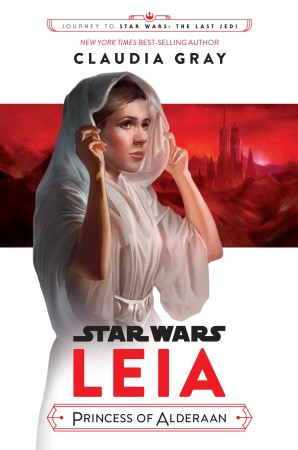 because it’s hard to be objective about Leia: Princess of Alderaan. I’ve long wanted a young Leia book, and there were only three authors that I trusted to write it:
because it’s hard to be objective about Leia: Princess of Alderaan. I’ve long wanted a young Leia book, and there were only three authors that I trusted to write it: 